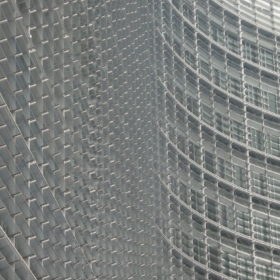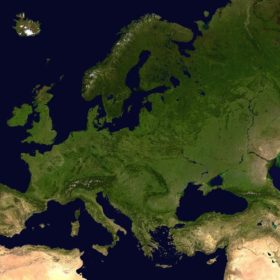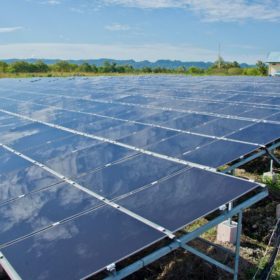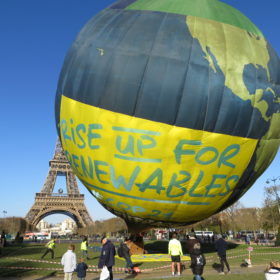Greenpeace notes widespread greenwashing among fossil fuel companies
A new report published by environmental campaign group Greenpeace analyses financial statements from 12 major European headquartered oil companies. The study finds that, despite many public claims to be participating the energy transition, both the current activities and future investment plans of these companies are dominated by fossil fuels.
‘China must put EV battery reuse at heart of net-zero ambition’
The centralized nature of policymaking in Beijing would enable component standardization to ease the transition from EV to stationary energy storage use, according to Greenpeace East Asia.
Four out of five fossil fuel giants dismiss findings of report into EU lobbying efforts
Exxon Mobil and BP did not produce figures for their clean energy investment activity and Total responded only with its ‘low carbon electricity’ spending. Shell stated it had invested €1.6 billion in clean energy from late 2016 up to June and Chevron gave details of its spending to reduce emissions and enable ‘greater diversity of energy sources’.
EU electricity market summary shows shift from coal to gas
A newly published overview of the European electricity sector suggests that renewables development remains stalled on the continent. Despite some regional differences, EU policy generally favors gas over renewable resources to replace coal. And recent comments by Kadri Simson, the newly sworn-in EU energy commissioner, offer little hope for change.
Chinese investment in renewables soars under Belt & Road initiative
A report by Greenpeace has found in the five years since China announced the continent spanning ‘One Belt, One Road’ infrastructure plan, investment in Belt & Road countries has supported 12.6 GW of wind and solar power generation capacity. That compares with just 450 MW which came online in the territories before 2014. The initiative has also supported 68 GW of new coal capacity.
New Finnish government pledges carbon neutrality by 2035
Climate change and environmental protection were a top priority for the elections held in April. With solid green backing from the electorate and an ambitious domestic agenda, Finland is due to assume the EU presidency from Romania. Across the EU green parties are gaining ground but the bloc has yet to draft a comprehensive climate protection bill. Finland’s ambition could change that.
EDF commissions 101 MW of PV in Israel
EDF Renewables has commissioned five PV plants in Israel totaling 101 MW, thus bringing its total solar capacity in the country to nearly 300 MW.
World reacts to IPCC report
A snapshot of how politicians, scientists, institutions, industry, and civil servants have reacted to the Intergovernmental Panel on Climate Change (IPCC) report, released yesterday.
France: EDF, Total and Engie ‘really bad’ green providers, says Greenpeace
Greenpeace France has launched a Green Electricity Guide, which ranks 19 French electricity providers in terms of their renewable energy offers. The environmental association accuses several providers of practicing greenwashing, as they buy power from nuclear power plants and then turn it “green” using guarantee of origin certificates.
India solar water pump scheme could add 150 GW, report says
Greenpeace India, Germi, and the IWMI-Tata Water Policy Program have released a report stating that the Indian government’s latest ambitions to deploy solar water pumps could meet the country’s solar PV target of 100 GW, if done comprehensively. So far the plan goes as far as 28 GW, and still needs legislative approval.









